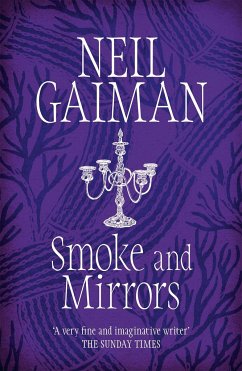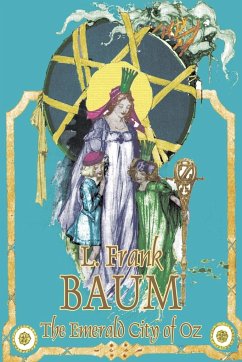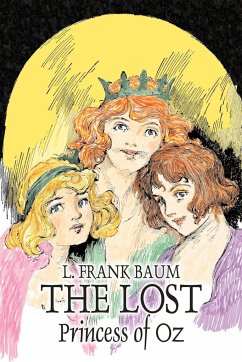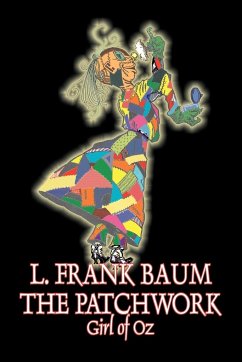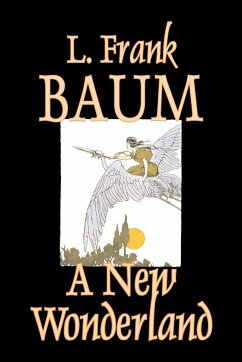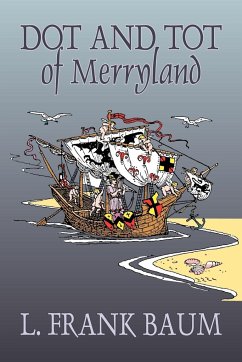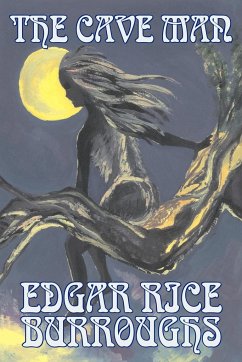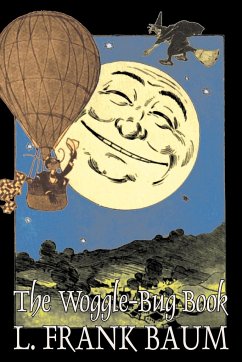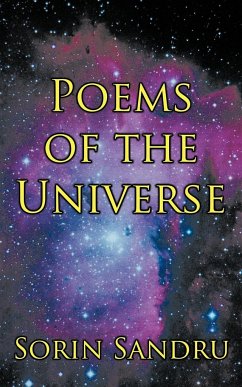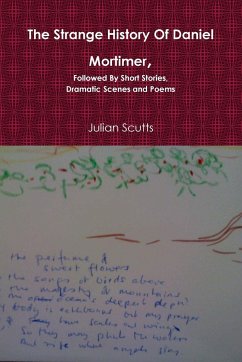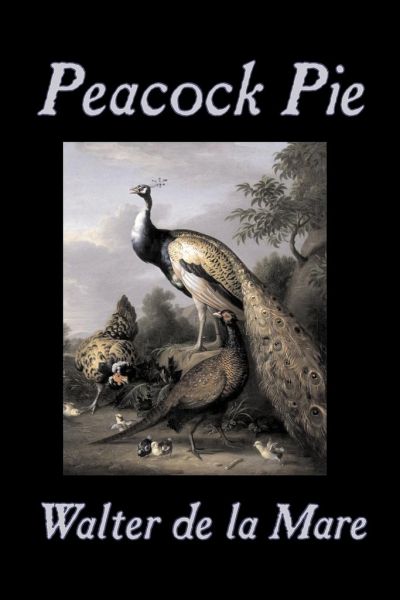
Peacock Pie by Walter da la Mare, Fiction, Literary, Poetry, English, Irish, Scottish, Welsh, Classics
Versandkostenfrei!
Versandfertig in 1-2 Wochen
13,99 €
inkl. MwSt.

PAYBACK Punkte
7 °P sammeln!
De la Mare described two distinct "types" of imagination - although "aspects" might be a better term: the childlike and the boylike. It was at the border between the two that Shakespeare, Dante, and the rest of the great poets lay. And so we let him have his say -- The Truants Ere my heart beats too coldly and faintly To remember sad things, yet be gay, I would sing a brief song of the world's little children Magic hath stolen away. The primroses scattered by April, the stars of the wide Milky Way, cannot outnumber the hosts of the children Magic hath stolen away. The buttercup green of the me...
De la Mare described two distinct "types" of imagination - although "aspects" might be a better term: the childlike and the boylike. It was at the border between the two that Shakespeare, Dante, and the rest of the great poets lay. And so we let him have his say -- The Truants Ere my heart beats too coldly and faintly To remember sad things, yet be gay, I would sing a brief song of the world's little children Magic hath stolen away. The primroses scattered by April, the stars of the wide Milky Way, cannot outnumber the hosts of the children Magic hath stolen away. The buttercup green of the meadows, The snow of the blossoming may, lovelier are not than the legions of children Magic hath stolen away. The waves tossing surf in the moonbeam, The albatross lone on the spray, Alone know the tears wept in vain for the children Magic hath stolen away. In vain: for at hush of the evening, When the stars twinkle into the grey, Seems to echo the faraway calling of children Magic hath stolen away.



